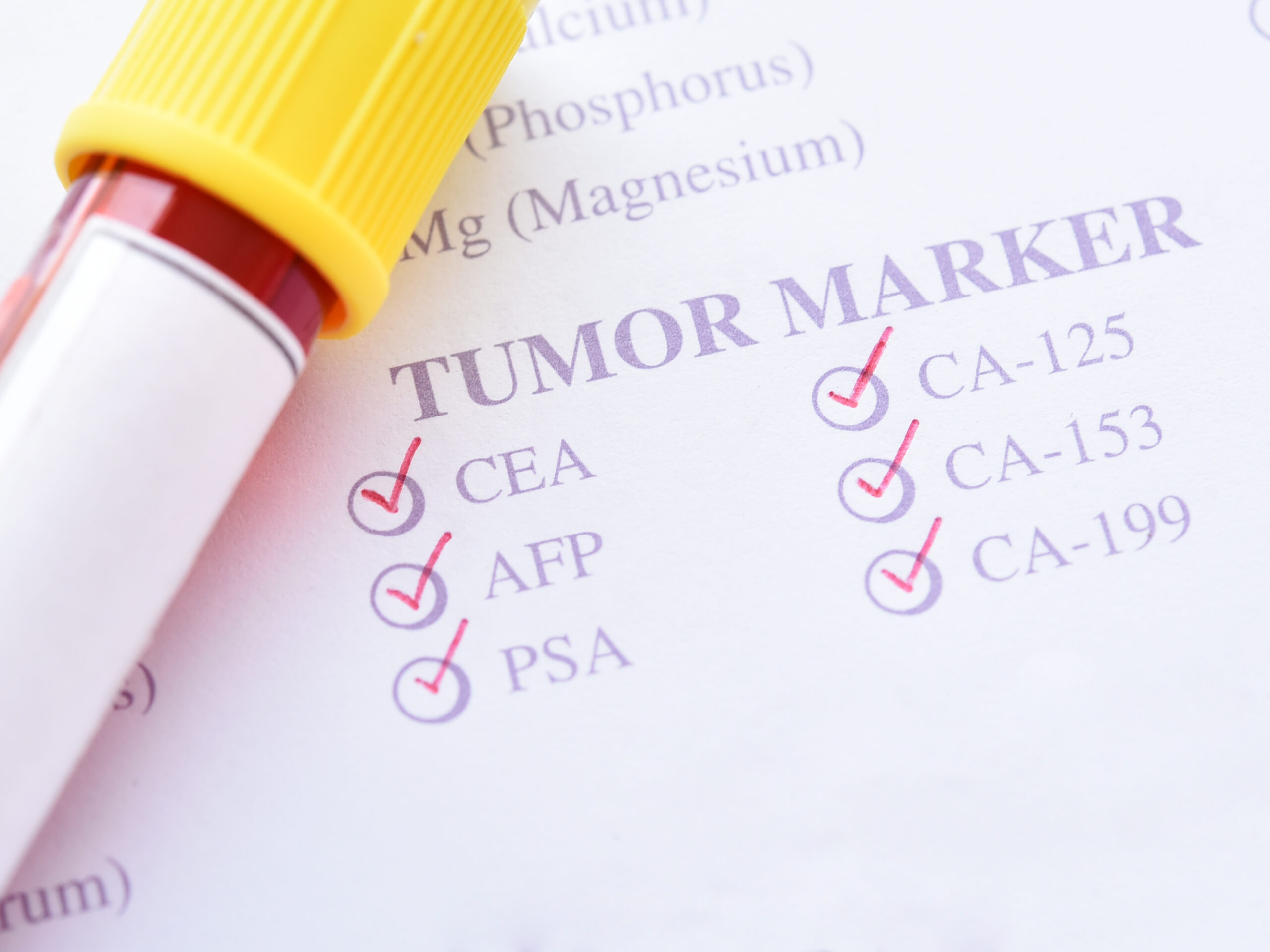Current development status
Looking for a partner interested in a license and/or a collaboration agreement to develop and exploit this asset.
Rodríguez Chacón, Matilde; Ruíz Plazas, Xavier; García Fontgivell, Joan Francesc; Lozano Bartolomé, Javier; Martínez González, Salomé
Priority Date: 22.11.2018
PCT/EP2019/082081
The present invention is directed to anin vitromethod for the differential diagnosis of high risk or intermediate risk prostate cancer versus low risk prostate cancer, or for determining the likelihood that a patient with prostate cancer develops a high risk or intermediate risk prostate cancer. The invention also provides a method for selecting a therapy for a patient suffering from prostate cancer, or for selecting a patient with prostate cancer for a treatment selected from surgery, radiotherapy or a combination thereof. Additionally, the invention provides a kit comprising reagents for determining the levels of sTWEAK protein and at least an additional reagent for the quantification of the level of a biomarker selected from the group consisting of total PSA, FN14, preferably sFN14, sCD163 and glucose, and the uses of this kit.
A research group from IISPV has identified a new non-invasive biomarker panel that could help clinicians in the differential diagnosis of high risk or intermediate risk prostate cancer from low risk prostate cancer patients and thereby improving financial and health outcomes

While some types of prostate cancer grow slowly and may need minimal or even no treatment, other types are aggressive and can spread quickly. Given that the therapeutic approaches vary greatly depending on the aggressiveness of the tumor, distinguishing between low and high-grade prostate cancer is of great importance.
Although PSA is a sensitive marker for prostate cancer, there is a continuous debate about its effectiveness as a specific marker for diagnosis and prognosis. As a consequence, robust biomarkers are needed for the early screening of patients at risk of PC.
We provide a non-invasive biomarker panel for predicting prostate cancer aggressiveness based on the detection of 3 biomarkers in two different biofluids.
The main innovate aspect of the method is that is non-invasive and is based on 2 biofluids (blood and semen) and 3 biomarkers that can be easily measured by a simple ELISA and a PCR test. This biomarker panel improves the current available methods for the decision on prostate cancer agresiveness.
The method has been described in a cohort of 42 subjects and it is pendent of independent validation in wider cohort from a different centre.
Publication
Technology offer